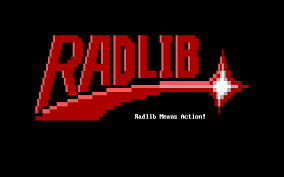I’ve written a few posts on this blog laying out a basic reading of fascism as a political and broader social movement. In short, I see fascism as the ’emergency management’ mode of capitalism. Serious crises and leftist threats to capitalism produce the conditions that allow it to flourish. And fascism tends to arise in specific kinds of countries – peripheral capitalist states facing political and economic crises, credible threats to the capitalist system, et al.
However, competing accounts of fascism tend to emphasize the peculiarities of specific fascist systems, especially Nazi Germany. They point to, for example, some of the mystical elements of the Nazi system. As well as its persecution of religious and ethnic minorities. And they draw from that various general conclusions about fascism as a system.



